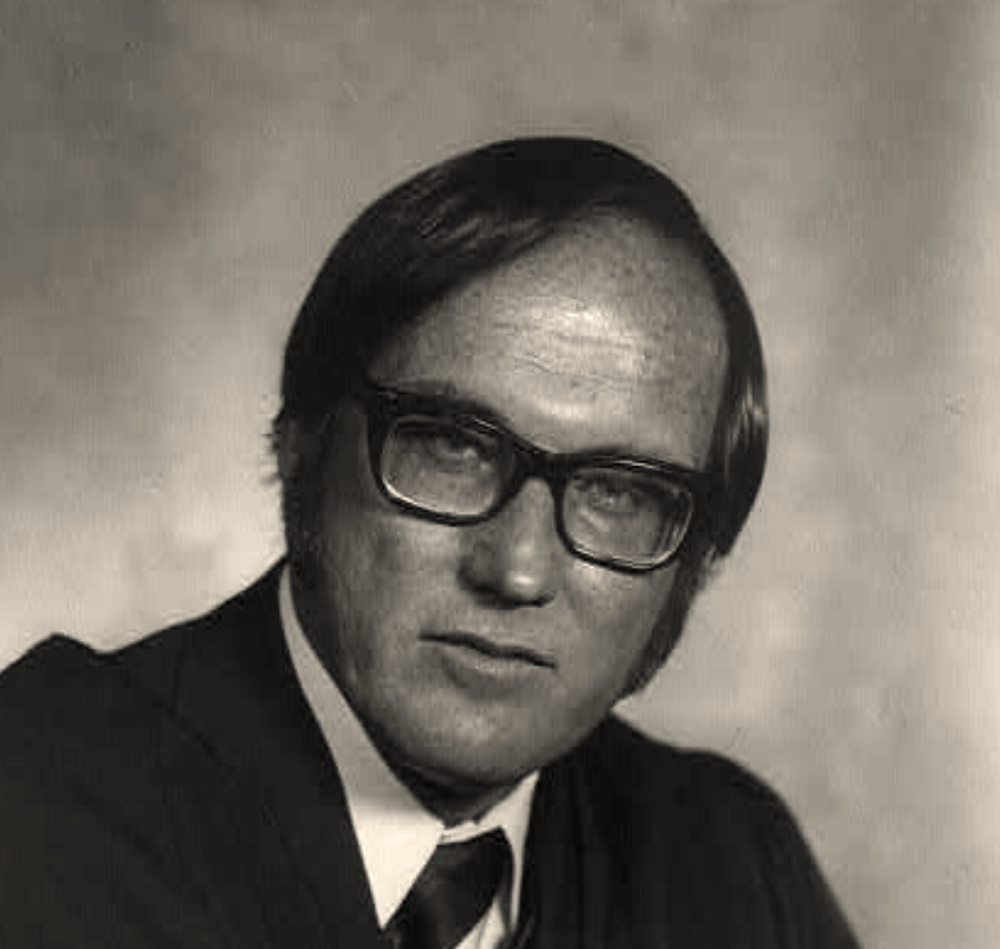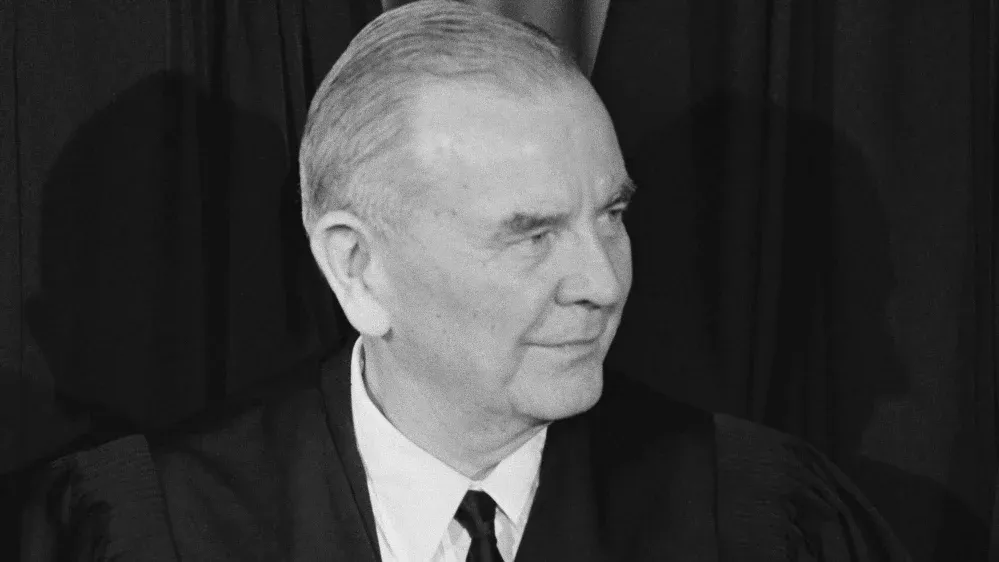Chief Justice William H. Rehnquist, who served on the U.S. Supreme Court for over three decades, was a stalwart conservative voice whose influence on the Court's direction cannot be understated. Navigating through a period of vast social and political change, Rehnquist's opinions often centered on a commitment to federalism, judicial restraint, and a strict interpretation of the Constitution.
Using Etalia.ai's unparalleled research capabilities, we highlight some of Rehnquist's most noteworthy opinions and their enduring impact.
United States v. Lopez (1995) - Defining Federal Power
In one of his most celebrated majority opinions, Rehnquist held that Congress had overstepped its authority under the Commerce Clause when it enacted a law prohibiting guns in school zones. This decision marked the first time in decades that the Court had set limits on Congress's commerce power, reaffirming the principle of federalism.
Dickerson v. United States (2000) - Upholding Miranda Rights
Despite his known skepticism of Miranda v. Arizona, Rehnquist surprised many when he penned the majority opinion in Dickerson. The decision emphatically affirmed that the warnings outlined in Miranda were constitutionally based and could not be overruled by an act of Congress.
Washington v. Harper (1990) - Balancing Rights of the Mentally Ill
In this case, Rehnquist wrote the majority opinion which held that the state could administer antipsychotic drugs to prison inmates against their will, provided it was in the inmate's medical interest and safety of the institution. This decision sought to balance individual rights with institutional safety concerns.
Cruz v. Beto (1972) - Safeguarding Prisoners' Religious Rights
While not one of his majority opinions, Rehnquist's dissent in this case deserves mention. He was skeptical of extending broad First Amendment religious protections to inmates, demonstrating his consistent concern about the potential overreach of federal courts into state affairs.
Chandler v. Florida (1981) - Media in the Courtroom
Rehnquist's opinion for the majority upheld the decision of states to allow broadcast coverage of criminal trials. While emphasizing the importance of a fair trial, the opinion also acknowledged the role of states in determining how best to integrate media in the justice process.
Throughout his tenure, Chief Justice William H. Rehnquist's jurisprudential approach was anchored in preserving the Constitution's original design and ensuring a clear delineation of powers. Whether leading the majority or standing firm in dissent, his writings reflect a profound respect for the Constitution and the Republic's institutional framework.
For those wishing to dive deeper into the nuanced perspectives and contributions of Rehnquist, Etalia.ai's state-of-the-art AI tool offers a comprehensive examination of his monumental tenure on the U.S. Supreme Court.








